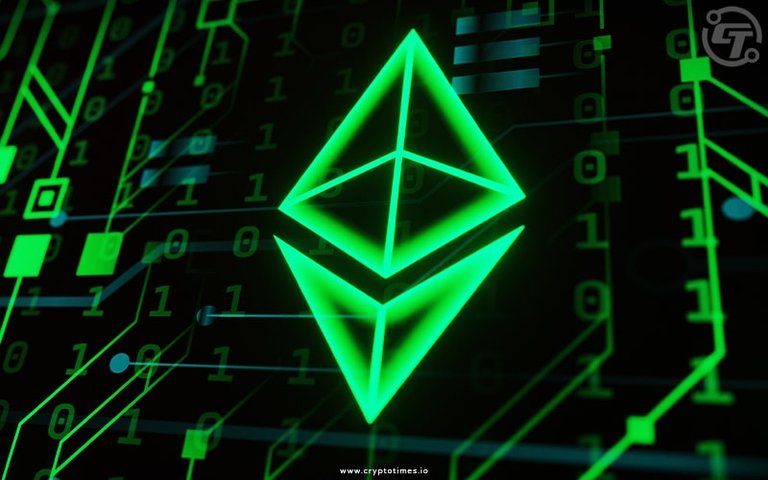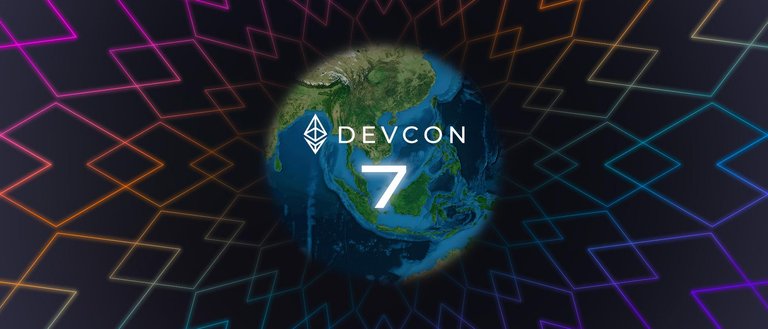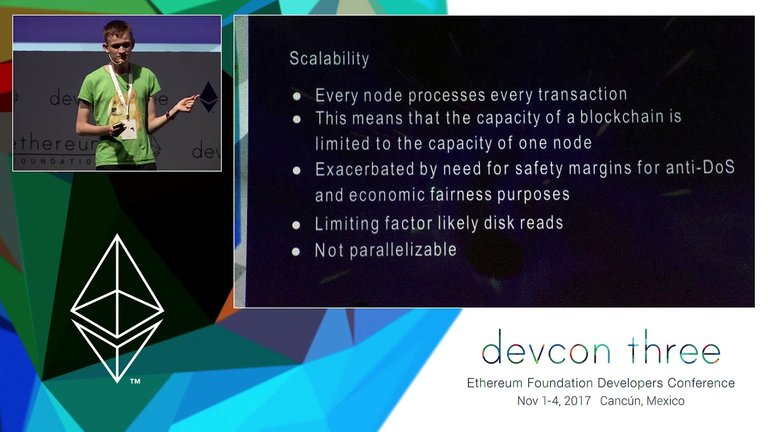Ethereum's Pectra Update Scheduled for Q1 2025 Post-Devcon

Following the success of the Dencun update in March, Ethereum's development team has announced that the highly anticipated Pectra update will be released by the end of the first quarter of 2025. This timing ensures thorough preparation and the inclusion of impactful features for users.
Strategic Timing for Pectra Update
The decision to delay the Pectra update until after Devcon, scheduled for November in Bangkok, reflects a strategic choice to refine the update. Devcon, the largest developer summit in the Asia-Pacific region, will take place from November 12 to 15. This schedule allows developers to perfect the update and integrate additional functionalities to enhance user experience.
Learnings from Dencun
The developers noted:
"Considering the experience with Cancun, we believe releasing Pectra in Q1 2025 is realistic. Delaying Pectra has a minimal impact on users and allows us to expand its scope to include more impactful features."
The Dencun update, initially deployed on the Goerli testnet, highlighted the importance of timing and preparation. Despite encountering consensus issues, the update's challenges underscored the necessity for comprehensive preparation for Pectra.
Preparing for the Osaka Hard Fork
Pectra will focus on enhancing consensus and execution layers. A significant enhancement will be the integration of PeerDAS to boost Ethereum’s data availability capacity ahead of the Osaka hard fork. Osaka is expected to include features initially planned for Pectra but postponed for more refined implementation, such as Verkle Trees, which are designed to improve scalability and decentralization.
Technical Enhancements in Pectra

During the Execution Layer Meeting, the team discussed:
- Long-term Authorization Use Cases: Addressing the need to support persistent authorization mechanisms within Ethereum's account management system.
- Transaction Authorization: Mechanisms to maintain authorizations during transactions, including Max L authorizations for setting maximum allowed duration and non-optional authorizations mandatory for transaction completion.
- Integration of EOF: Considering the Ethereum Object Format (EOF) to enhance smart contract security and developer experience.
- EIP-7702: Evaluating the replacement of EIP-3074 with EIP-7702 for better compatibility with account abstraction and resolving existing issues. This involves implementing a new transaction type over an opcode.

The developers stated:
"We need to decide on EIP-7702 at ACDE and, if affirmative, implement it in place of EIP-3074. This approach makes sense as it offers better compatibility with native AA due to the new transaction type over an opcode."
These technical discussions and enhancements are crucial for Ethereum’s ongoing development and require detailed exploration to understand their full implications and benefits.